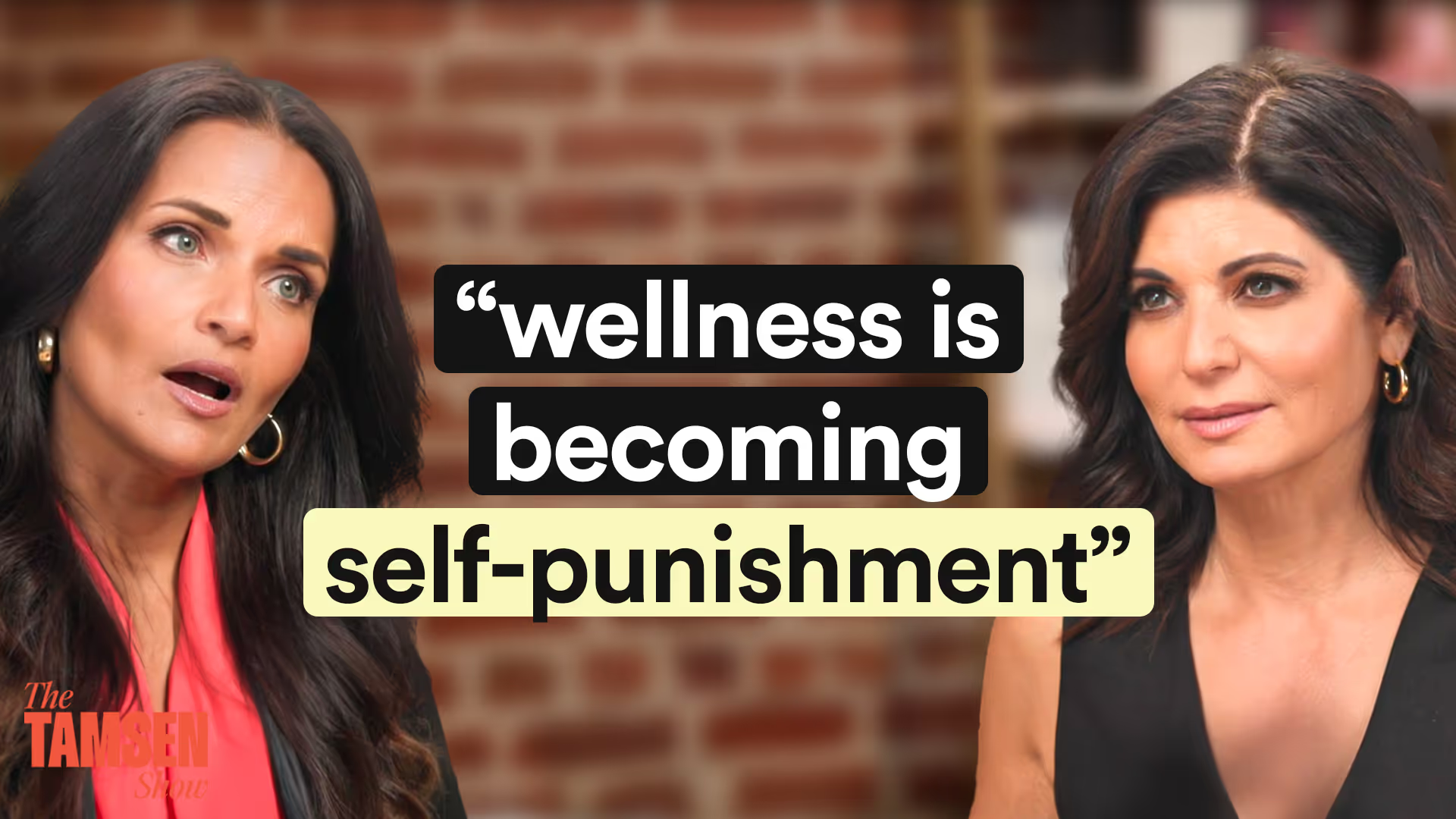Are you one of the 49% of women who feel like menopause has negatively affected their job performance?
Some women quit as soon as they feel debilitating symptoms like brain fog take over to avoid the repercussions of declining job performance.
But I want to change that!
The years women typically experience menopause (45-55) are often when we’re at the peak of our careers and earning potential.
If you want to leave the workplace, that’s your prerogative, and I get it, but if it’s just because of menopause symptoms, then we need to talk.
📌 Things need to change at work. Only 15% of workplaces include accommodations for menopause-related symptoms, while more than half of women (51%) have expressed the need for things like empathy from colleagues and more flexible work options.
Plus, menopause-related lost work time costs the U.S. economy $1.8 billion each year—yikes!
It’s time menopausal women were heard and treated like the valuable assets they are in the workplace. (Not to mention it’s just the right thing to do.)
How I approached new policies in the workplace
I NEVER thought I’d be lying on a dirty public bathroom floor, but when perimenopause struck, I didn’t know what else to do.
I lost my mom at an early age, and no one was talking about menopause, so I had no idea what a hot flash or any other hormonal symptoms were. All I knew was that something was wrong with me, and a cold, hard floor—no matter how nasty—felt like my only option.
At the time, I didn’t know perimenopause was responsible for many symptoms, including brain fog, lack of sleep, and hot flashes. All I knew was that I was struggling to maintain my usual level of performance while rapidly losing confidence in myself.
Once I learned I was in menopause , I began talking with other women experiencing the same thing. I knew my workplace needed to implement a menopause policy yesterday.
So, in 2022, I nervously approached the media company I was working for to pitch a menopause policy. I was terrified when I went in to speak with them, fearful that it would make me look less powerful and just plain OLD.
But I’m happy to say that my proposal was well-received! 👏
By the time I left my career as a journalist, the company was working on implementing a menopause policy that allows women to be more open about their struggles, take time off as needed, ask for a fan for their workstation or desk, and even have access to a cooling room to find relief.
5 tips to having a smooth conversation at work
If you feel like (peri)menopause symptoms are negatively impacting your performance and how you feel at work, I hope my story inspires you to talk with your employer.
⚠️ But before you speak with your boss or co-workers, make sure you’re in a safe space. If there’s anything in your particular job or field that makes speaking up feel unsafe, trust that. Remember to exercise common sense when it comes to vulnerability.
If you’re ready to speak to someone you trust at work about what you’ve been going through, here are five ways you can make the most out of your conversation:
1. Know your benefits
First, find out if your workplace has any menopause benefits or accommodations. Contact Human Resources to find out what policies exist. You might be surprised to find that your workplace DOES have mental health benefits or flexible work arrangements.
If you don’t see any policies that could accommodate menopause, you might want to advocate for one. The more women asking for menopause policies, the more companies will realize they need to institute them to retain midlife women employees.
2. Pick a good time & place
Wait until you feel good and your boss (or whoever you’re talking to) is in a good place to listen. If you need to reschedule a few times because of outside circumstances, then do that.
In other words, if things are stressful and you’ve squeezed 15 minutes onto your boss’s calendar, it’s probably not the right time to talk about menopause.
3. Prepare for this conversation
Knowing what you want to say before you have this conversation is essential. Bring up examples, suggestions, possible solutions, and anything else to help your workplace understand how to support you and other menopausal employees.
The important thing is to let your employer know what you need to do your job the best way you can. This conversation is best had when you feel confident and prepared.
4. Be honest
It’s essential to be honest about your feelings, even if you don’t know how to express them.
I first approached HR because that was the safest place I could think of where there wouldn’t be repercussions for speaking out. I told my HR director, “I’m not sure how to bring this up, but this is the one office I feel safe doing so.”
Generally, your boss, HR department, or co-workers will genuinely care about how you’re doing and want you to feel your best at work.
5. Follow-up after the conversation
After you talk with your boss or employers, keeping the lines of communication open is important. If you just have that one conversation, they might get busy and put everything you discussed on the back burner. But if you follow up, this conversation will stay top-of-mind.
If you’ve received some help after the first chat, you can check back in to let them know how the new accommodations are working.
What should a menopause workplace policy include?
Hopefully some day, menopause policies will be STANDARD but until then, we’ll need to make them happen.
If you’re struggling with what to suggest in a menopause policy, here are some examples…
- FLEXIBLE WORK HOURS. When your mood and executive functioning are compromised, having a workplace policy that allows for flexibility is helpful. This allows you to work at a pace that aligns with your body’s changing needs.
- HEALTHCARE COVERAGE. A healthcare policy that covers hormonal treatment options or other medications and menopause-related leave would be a tremendous benefit!
- MENOPAUSE WELLNESS & EDUCATIONAL PROGRAMS. If your workplace already has a wellness program, they can add menopause education and advice that promotes healing. If not, suggest that the policy makes these programs available to women.
- CULTURALLY COMPETENT. The policy should foster a culture of diversity, equity, and inclusion, especially since menopause is experienced differently across races and ethnicities.
Just like no two women experience menopause the same way…
…No two workplaces, fields, or jobs are exactly alike.
Ultimately, YOU need to decide how to advocate for yourself at work when it comes to menopause.
If your workplace is unwilling to hear you out or feels restrictive and unsafe to speak vulnerably, consider changing jobs. I know it’s not an easy suggestion, and it might take time, but your health and well-being come first.
How is your workplace when it comes to menopause?
Do you have any accommodations available?
Are you comfortable making suggestions to your employer?
I would love to hear from you — share your answer in the comments below or post this blog to Instagram and share with others who might need to hear this!
Xo,
Tamsen









